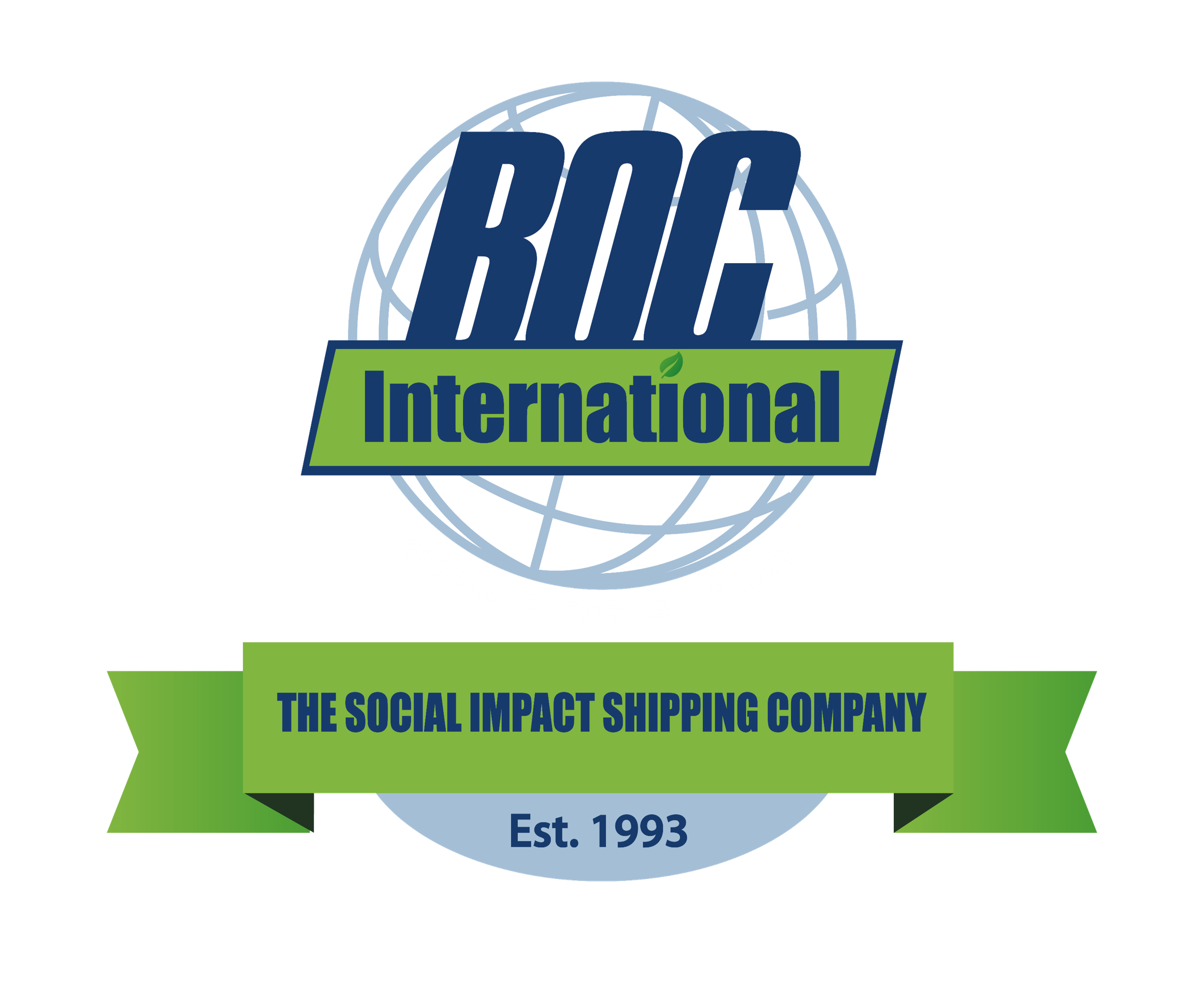Maersk Line, Hapag-Ll oyd Among Carriers Subpoenaed in U.S. Price-Fixing Probe
oyd Among Carriers Subpoenaed in U.S. Price-Fixing Probe
Justice Department investigators crashed a meeting of the world’s biggest container-shipping operators
By
COSTAS PARIS and
PAUL PAGE
Updated March 21, 2017 3:42 p.m. ET
U.S. Justice Department investigators crashed a meeting of the world’s 20 biggest container-shipping operators and gave subpoenas to top executives at several companies as part of a probe on price fixing, people with knowledge of the matter said.
Maersk Line, a unit of Danish conglomerate A.P. Moller Maersk A/S and the world’s biggest container-shipping line, confirmed it was subpoenaed during the so-called Box Club meeting in San Francisco last Wednesday. Germany’s Hapag-Lloyd AG also said it was handed a subpoena by Justice Department investigators.
The people familiar with the investigation said that many of the CEOs at the meeting were given subpoenas, while investigators went to the U.S. offices of other smaller operators.
The probe is the latest in a series of investigations by regulators around the world into possible price fixing as the largest ocean carriers have grouped into three major alliances, sharing port calls and vessels in an effort to save billions in annual operating costs. The alliances will begin operations in April and move about 90% of all cargo across the world’s major trade routes.
A Maersk Line spokesman said the subpoena didn’t “set out any specific allegations.” Maersk and Hapag-Lloyd said they would cooperate fully with the U.S. authorities.
A Justice Department spokesman declined to comment. News of the raid was earlier reported by the Journal of Commerce.
The investigation comes as industry analysts say ocean freight rates have recovered strongly from a deep trough in early 2016 that sent carrier earnings into a tailspin, and that shipping prices have been rising at a steep pace this year.
London-based Drewry Shipping Consultants Ltd. said in a recent report that freight-shipping prices from Europe to Asia rose sharply early this month amid reports by shipping lines that ships were full, something Drewry termed “highly unusual” on routes where capacity is usually plentiful.
Patrik Berglund, chief executive of Norway-based container-shipping analysts Xeneta, said freight-shipping prices under recent long-term contracts for moving goods from Asia to the U.S. West Coast are up nearly 50% from rates negotiated in early 2016.
Carriers have been able to raise prices since last year by idling ships, he said, and were helped in part by the collapse of South Korea’s Hanjin Shipping Co. last year. Shipping lines accelerated their withdrawal of ships during the period leading to this year’s Lunar New Year, when China’s production and exports typically slip.
But, Mr. Berglund said, “We don’t see the net reduction of capacity being significant enough for the uptick” in prices.
In the Asia-to-Europe route, the world’s busiest, freight rates have averaged $960 per container this year compared with $695 in 2016, according to brokers in Singapore and Europe.
Operators say anything below $1,400 per box on the route is unsustainable and have repeatedly denied price-fixing allegations.
The low freight rates and anemic trade demand resulted in around $5 billion in combined losses among the top 20 container lines last year, according to shipping executives. Korea’s Hanjin, at one time the world’s seventh-largest container-shipping line, filed for receivership last August as a result of the downturn.
The Justice Department probe is the latest in a series of investigations by watchdogs in the U.S., European Union, China, Australia and South Africa. Many such probes end without prosecutions.
The most recent Justice Department prosecution came last year in a Baltimore case when four global ferry operators pleaded guilty to price-fixing charges and were fined $230 million in total, with some executives getting prison terms.
Then-Federal Maritime Commission Chairman Mario Cordero said in December as the regulatory body approved one of the carrier groupings, called THE Alliance, that the commissioners “will continue to carefully focus on the impacts of the carrier alliance restructuring that is taking place in the shipping industry.”
Write to Costas Paris at costas.paris@wsj.com and Paul Page atpaul.page@wsj.com
Appeared in the Mar. 22, 2017, print edition as ‘U.S. Probes Price Fixing In Shipping.’

